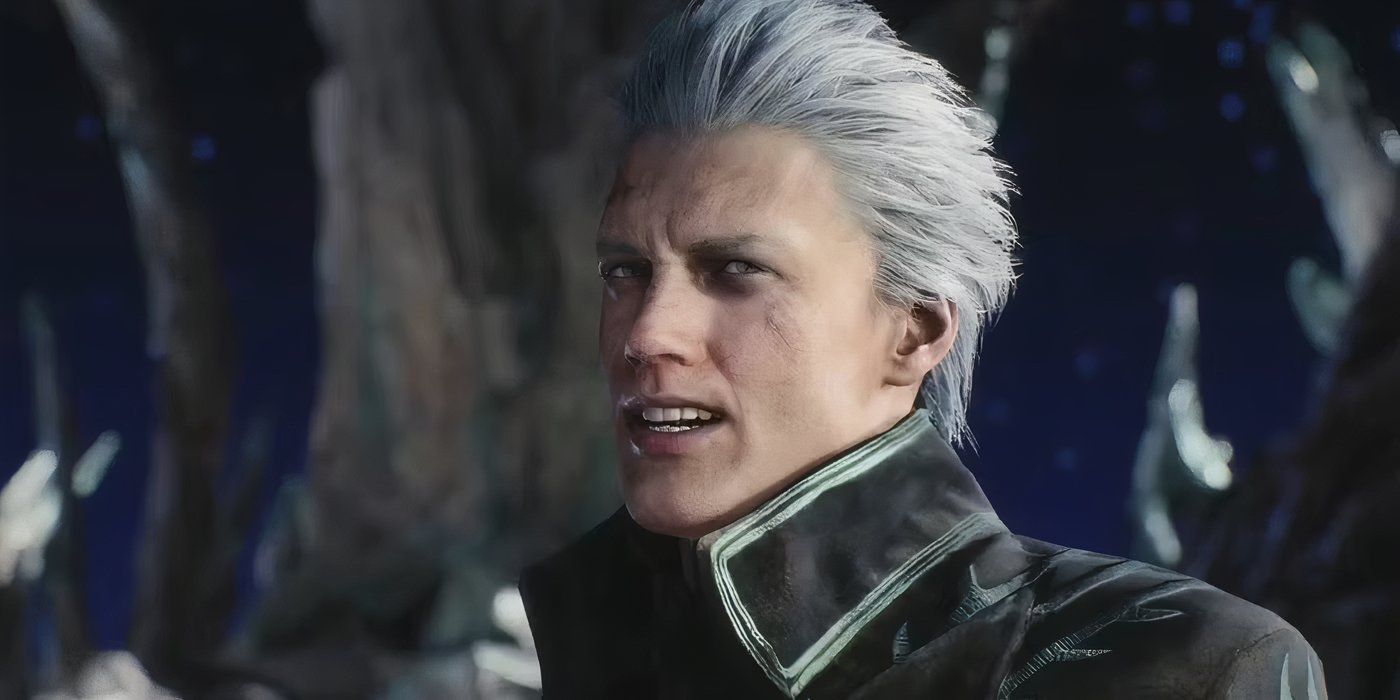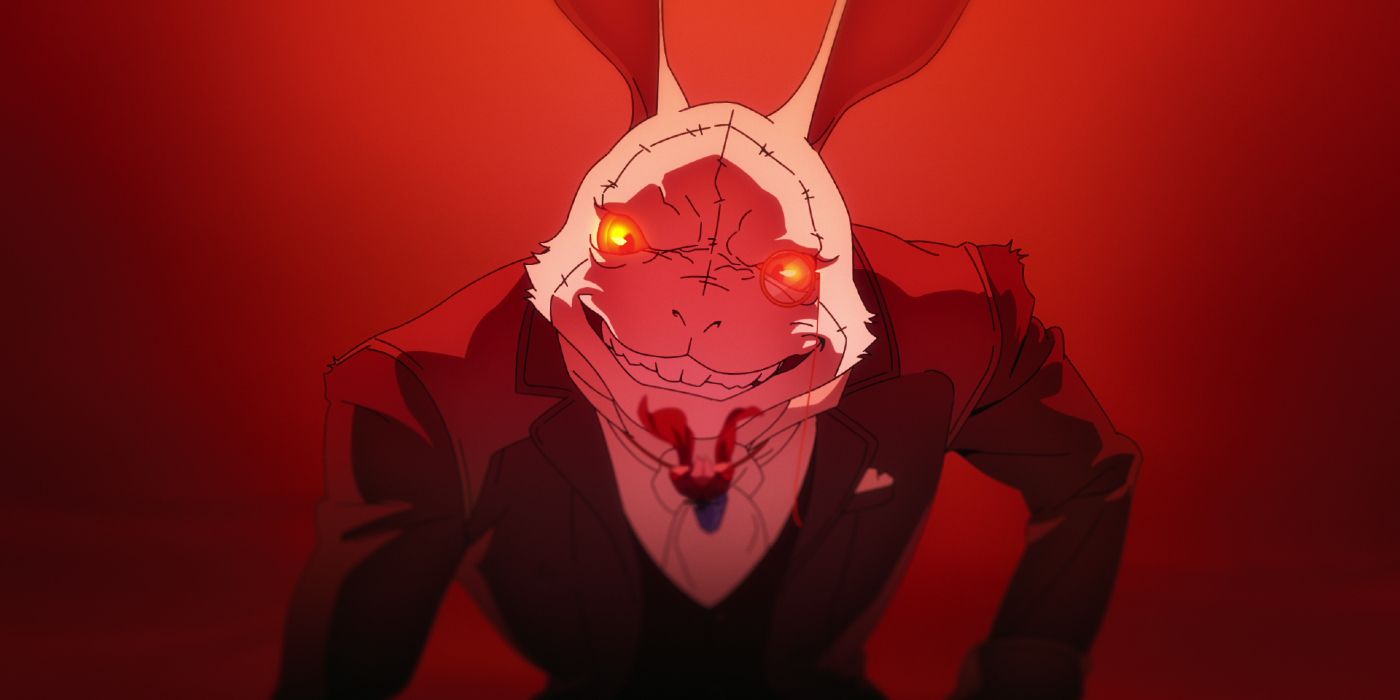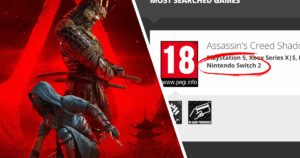‘Devil May Cry’s Biggest Change From the Games Makes No Sense
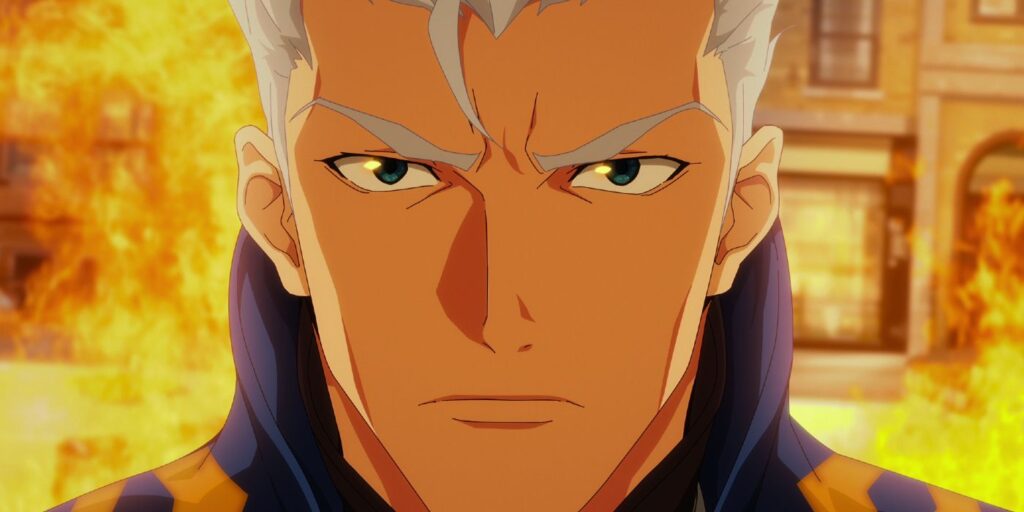
Editor’s Note: The following contains spoilers for Devil May Cry Season 1.The new Netflix Devil May Cry animated series makes many diversions from the iconic video game series developed and published by Capcom, resulting in differences in various elements. At first, the demon hunter Dante (Johnny Yong Bosch) is completely unaware of his half-demon, or Makaian, origins as the Son of Sparda. Additionally, Dante is not as powerful as he is in the games. Lady/Mary Arkham (Scout Taylor-Compton) now works as a government agent for Darkcom and betrays Dante at the end of the season. The Devil May Cry video games opt for more abstract settings, and it appears they are set in fictional cities that look European, with a retro-Gothic aesthetic. However, series creators Adi Shankar and Alex Larsen opt for an early 2000s New York City setting in the animated series to help push forth an allegory of the conflict between humans and demons to the real-life War on Terror.
The new series is an adaptation, so changes are expected and, in some cases, appropriate. That said, the animated series makes a major change for an important character that makes absolutely no sense. It concerns the character Vergil (Robbie Daymond), Dante’s long-lost brother. Based on Vergil’s appearance in the final scene of the first season finale, “A River of Blood and Fire,” he now appears completely loyal and subservient to Mundus, the off-screen villain and lord of Hell/Makai. Vergil voluntarily serving Mundus of his own free will constitutes an inexplicable major change to Vergil’s motivations.
Vergil Makes a Surprise Appearance in the Epilogue
At first, Dante thought Vergil was long dead, but it’s revealed later in the season that Vergil has been alive all this time. In the epilogue of the first season finale, “A River of Blood and Fire,” Vergil liberates innocent civilian Makaians, who have been wrongfully imprisoned and subjugated by invading United States military forces. In the episode’s final moments, a dark warrior slashes apart the Darkcom guards. It’s Vergil in his alternate Nelo Angelo form. After liberating the Makaians, he informs them, “Our king, Mundus, grants you your freedom. It was Mundus who freed me from my own bondage.” Then, Nelo Angelo transforms into his more human appearance as Vergil. This completely diverges from what happened to Vergil in the original Devil May Cry video game, where he appears to be Mundus’ brainwashed slave and fights against his brother, Dante, who does not realize Nelo Angelo’s true identity.
In the games, Mundus is an entirely irredeemable and malevolent entity who brainwashed and enslaved Vergil, making him into little more than a puppet. However, Vergil in the animated series seems completely aware of his actions, noted by his release of the Nelo Angelo transformation. Vergil appears to willingly serve Mundus as his loyal soldier. Seeing such a proud and ambitious individual, such as Vergil, voluntarily serving Mundus is a shocking revelation, to say the least. It seems and feels wrong for Vergil to act in this manner, as it completely contradicts his philosophies and motivations from his video game counterpart. Vergil is a proud and skilled warrior in the games, but he doesn’t willingly serve Mundus, and he doesn’t fight on behalf of others. The video game version of Vergil epitomizes the word “antihero,” but his animated version completely alters his motivations.
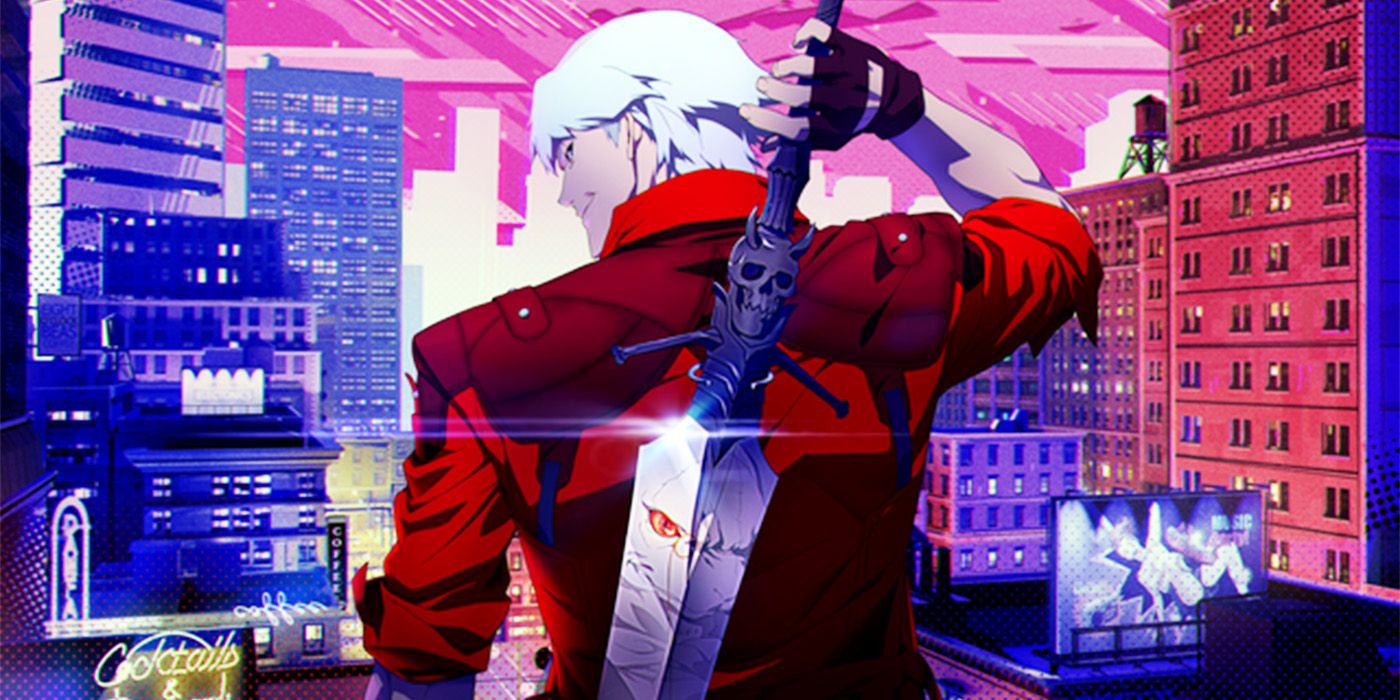
Related
‘Devil May Cry’ Earns a Surprising Rotten Tomatoes Score Following Debut
But are fans loving it as much as critics?
Vergil Seeks ‘More Power’ in the ‘Devil May Cry’ Video Games
Vergil’s first major establishing appearance in the video game series occurs in Devil May Cry 3, where he takes more of an antagonist role against his brother, Dante. Vergil’s goal is, as he says in the game, “I need more power.” Well, it’s slightly more substantial than that. In the video games, Vergil’s quest for power results from a traumatic event from his and Dante’s childhoods, when their home was attacked by Mundus’ demons, which caused the death of Dante and Vergil’s mother, Eva. The trauma of the event deeply hurt Vergil, wrongfully believing his mother had abandoned him. The trauma of the event causes Vergil to seek power above all else, so nothing will hurt him ever again. Vergil does not care for the well-being of humanity or demons. He only wants more power for himself. That said, he does still have a code of honor. In the video games, Vergil never willingly served Mundus as Nelo Angelo. Vergil’s servitude occurred after he was trapped in the Demon Underworld at the end of Devil May Cry 3. He was later captured and tortured for years by Mundus, transforming him into a demonic servant. So, it’s awkward to see the proud, selfish, and single-minded Vergil acting as a champion and hero for Makaians while praising Mundus.
The writers did not properly set up this change for Vergil. Vergil now also appears motivated to liberate Makai from the United States and the Uroboros Corporation, led by Arius, who are seeking to industrialize Makai. Why does Vergil trust Mundus now? Why does he believe in Mundus as his savior? Perhaps Vergil’s loyalty to Mundus is the result of brainwashing or manipulation by Mundus. However, Vergil voluntarily acting this way was a shocking disappointment. On the one hand, the epilogue shows Vergil killing the soldiers who have wrongfully invaded Makai and liberating the innocent Makaians. However, he’s now spreading the word of his master, Mundus, the unseen villain and lord of the Demon Underworld, aka Makai.
Normally, Vergil cuts down anyone who hinders his goal of obtaining power, so it was shocking to see Vergil acting loyal and praising Mundus. Although Vergil is a proud and noble individual, he never purposefully fights on behalf of others or innocents. Those venerable qualities belong more to his brother Dante and Nero, Vergil’s biological son in the video game series. However, Vergil’s shocking change in motivation could merely be part of an elaborate ploy.
Is Vergil Feigning Loyalty to Mundus?
It’s possible the ending of Season 1 did not paint the full picture of the new status quo for Vergil. Vergil seems to be acting voluntarily of his own free will, but he might still be brainwashed or acting under Mundus’ influence. Perhaps Vergil has not completely regained his faculties, and he’s still a puppet of Mundus in the epilogue. Alternatively, Vergil could be working an angle against Mundus. Maybe Vergil is acting as a loyal servant of Mundus as part of an elaborate ruse to betray his would-be master later on. The main problem with the theory is that Vergil acting in such a scheming manner seems wildly out of character, even taking the events of Devil May Cry 5 into account. It’s also possible that series creators and showrunners Shankar and Larsen tweaked Vergil’s motivations as a way to set up a Shakespearean fight between Dante and Vergil. Dante would certainly find it shocking to see his long-lost brother fighting on behalf of such a malevolent individual like Mundus. However, such a change is not truly necessary to create a bigger impact between Dante and Vergil’s conflict.
With Netflix officially renewing Devil May Cry for a second season, hopefully, Season 2 will offer more clarity about Vergil’s relationship with Mundus and his recent actions. Vergil’s brief scene in the epilogue still plays like a significant departure from the character’s well-established motivations in the popular video games. Dante will certainly re-enter the fight in Season 2 and must confront his brother at some point. If Vergil reveals he is truly loyal to Mundus, that would be a major disappointment for the next season of the animated series.
The complete first season of Devil May Cry is streaming now on Netflix in the U.S.
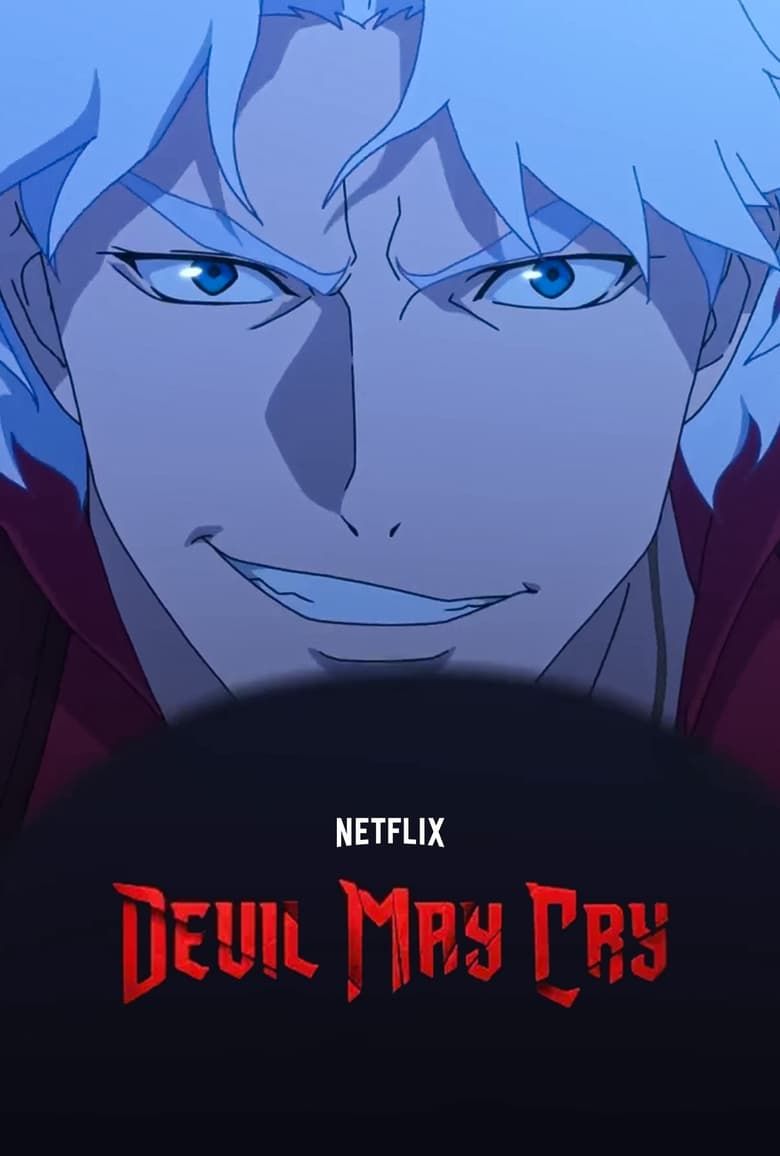
- Release Date
-
April 3, 2025
- Network
-
Netflix
- Writers
-
Alex Larsen
-

Johnny Yong Bosch
Dante (Voice)

